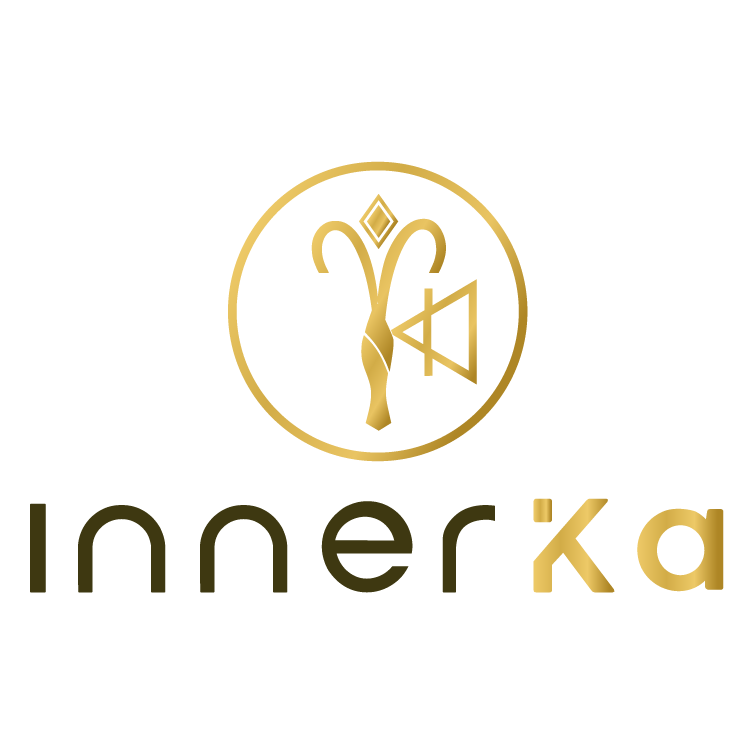In our modern world, stress has become an almost constant companion for many of us. From work pressures and financial concerns to relationship challenges and global uncertainties, the sources of stress seem endless. While some stress can be motivating, chronic stress takes a significant toll on our physical health, mental well-being, and overall quality of life. The good news is that holistic practices offer powerful, natural ways to manage stress and restore balance to our lives.
Understanding Stress and Its Impact
Stress is our body's natural response to perceived threats or challenges. When we encounter a stressor, our sympathetic nervous system activates the "fight or flight" response, releasing hormones like cortisol and adrenaline. This response is designed to help us deal with immediate dangers, but when it becomes chronic, it can lead to a host of health problems.
Chronic stress has been linked to cardiovascular disease, digestive issues, weakened immune function, anxiety, depression, and sleep disorders. It can also affect our relationships, work performance, and overall sense of well-being. This is why developing effective stress management strategies is crucial for long-term health and happiness.
The Holistic Approach to Stress Management
Holistic stress management recognizes that we are complex beings with interconnected physical, mental, emotional, and spiritual dimensions. Rather than addressing stress symptoms in isolation, a holistic approach looks at the whole person and uses multiple modalities to restore balance and promote healing.
This comprehensive approach is often more effective than single interventions because it addresses stress from multiple angles, creating a synergistic effect that promotes deeper healing and lasting change.
Massage Therapy for Stress Relief
Physical Benefits
Massage therapy directly counteracts the physical effects of stress by activating the parasympathetic nervous system—our "rest and digest" response. This helps lower cortisol levels, reduce muscle tension, improve circulation, and promote the release of endorphins, our body's natural "feel-good" chemicals.
Mental and Emotional Benefits
Beyond the physical benefits, massage provides a dedicated time and space for mental relaxation. The nurturing touch and focused attention help quiet the mind, reduce anxiety, and promote a sense of being cared for. Many people find that regular massage helps them maintain perspective and emotional balance during stressful periods.
Types of Massage for Stress
Different massage techniques can be particularly effective for stress management. Swedish massage promotes overall relaxation, while deep tissue massage can address chronic tension patterns. Hot stone massage combines heat therapy with massage for deeper relaxation, and aromatherapy massage incorporates essential oils to enhance the stress-relieving effects.
Breathwork for Stress Management
The Power of Conscious Breathing
Breathing is the only function of the autonomic nervous system that we can consciously control, making it a powerful tool for stress management. When we're stressed, our breathing becomes shallow and rapid. By consciously slowing and deepening our breath, we can activate the relaxation response and calm our nervous system.
Effective Breathing Techniques
4-7-8 Breathing: Inhale for 4 counts, hold for 7, exhale for 8. This technique is particularly effective for reducing anxiety and promoting sleep.
Box Breathing: Inhale for 4, hold for 4, exhale for 4, hold for 4. This balanced technique helps regulate the nervous system and improve focus.
Extended Exhale: Make your exhale longer than your inhale (such as 4 counts in, 8 counts out). This activates the parasympathetic nervous system and promotes relaxation.
Mindfulness and Meditation
Present Moment Awareness
Much of our stress comes from worrying about the future or ruminating about the past. Mindfulness practices help us return to the present moment, where we can respond to situations with clarity rather than react from a place of stress and overwhelm.
Simple Mindfulness Practices
Body Scan: Systematically bring attention to different parts of your body, noticing sensations without judgment. This helps release physical tension and promotes relaxation.
Mindful Walking: Pay attention to the sensations of walking—the feeling of your feet touching the ground, the movement of your legs, the rhythm of your steps.
Loving-Kindness Meditation: Send thoughts of love and compassion to yourself and others. This practice helps reduce stress while cultivating positive emotions.
Creating Your Integrated Stress Management Plan
Daily Practices
Incorporate short stress-management practices into your daily routine. This might include 5 minutes of morning breathing exercises, mindful eating during lunch, or a brief body scan before bed. Consistency is more important than duration when building these habits.
Weekly Practices
Schedule regular massage sessions, longer meditation periods, or breathwork classes. These deeper practices help reset your nervous system and provide more comprehensive stress relief.
Lifestyle Factors
Support your stress management practices with healthy lifestyle choices. This includes regular exercise, adequate sleep, nutritious eating, limiting caffeine and alcohol, and creating boundaries around work and technology use.
When to Seek Professional Support
While self-care practices are valuable, sometimes professional support is needed. Consider working with a holistic practitioner if you're experiencing chronic stress, anxiety, or physical symptoms related to stress. A qualified practitioner can help you develop a personalized stress management plan and provide ongoing support as you build these new habits.
Transform Your Relationship with Stress
Our integrated approach to stress management combines massage therapy, breathwork, and mindfulness practices to help you develop effective tools for managing life's challenges. Learn how to transform stress from an overwhelming force into an opportunity for growth and resilience.

